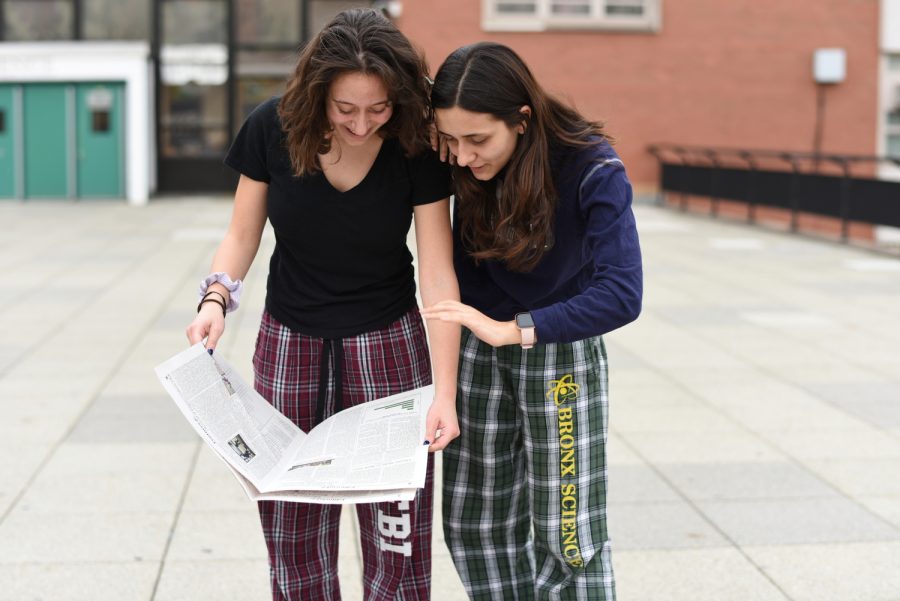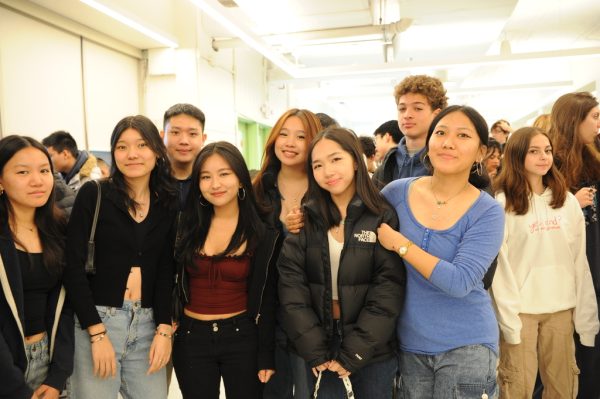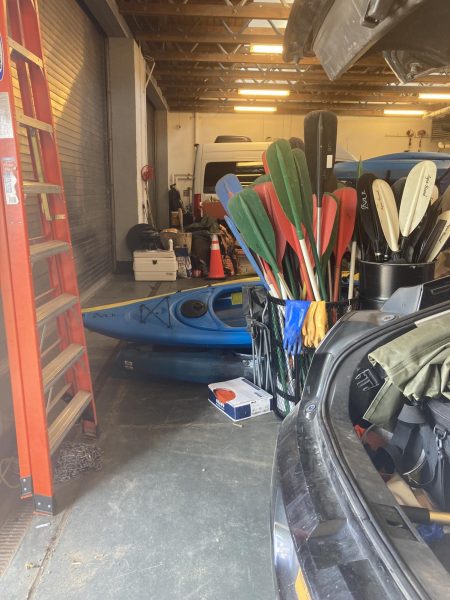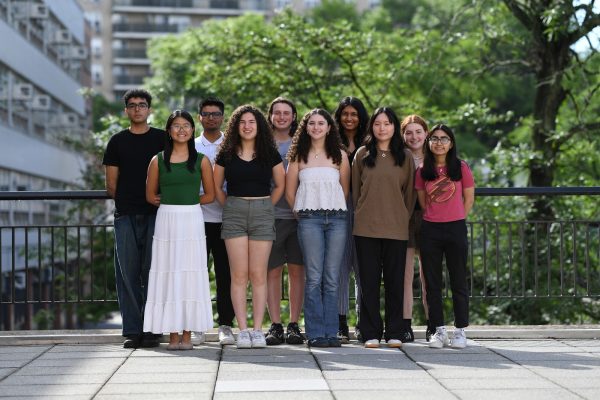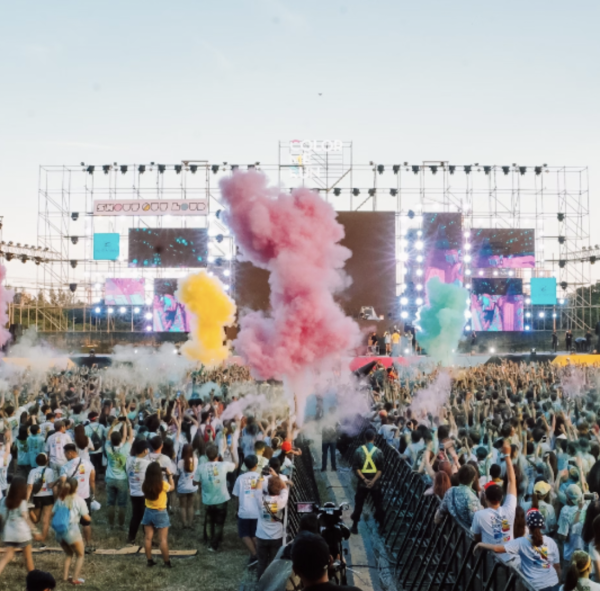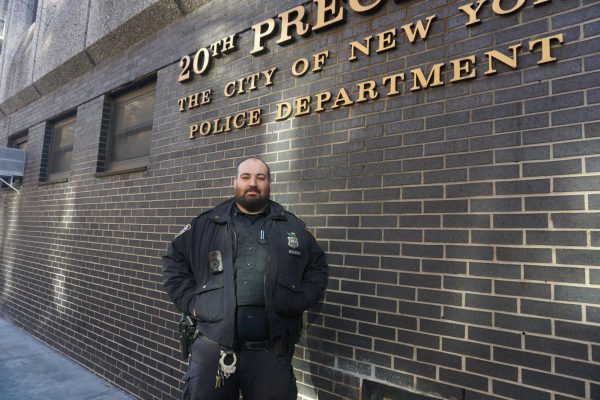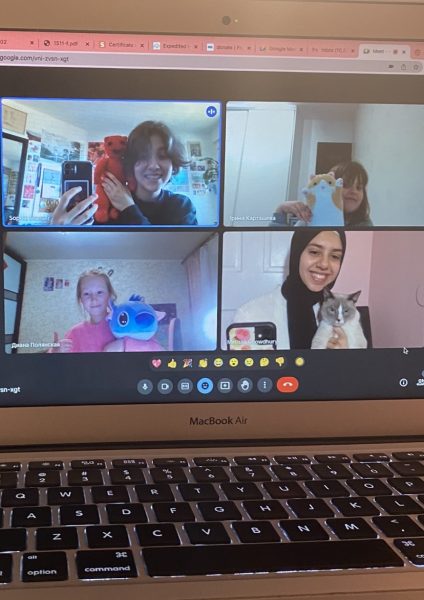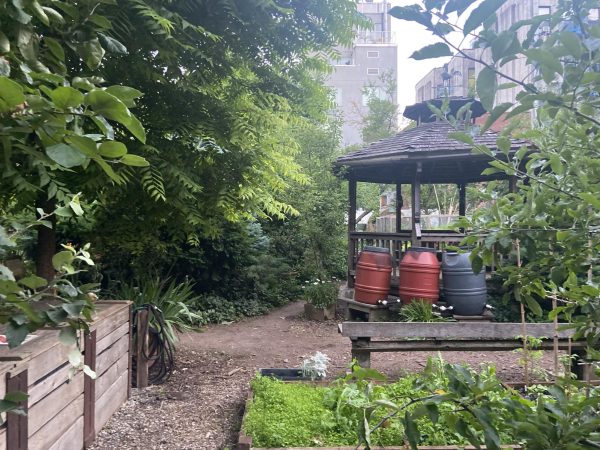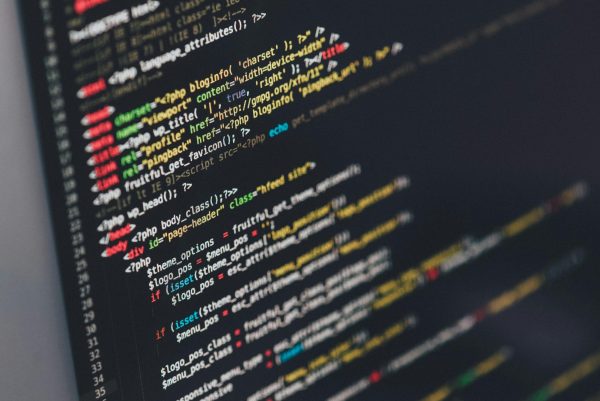April 2020 Advice Column
Your favorite Editors-in-Chief, coming to you with more advice! (Not pictured: Cameron Leo, Celeste Abourjeili & Leann Goldberg)
From the Editors:
Hi everyone!! We hope you and your families are all safe and doing well during this difficult time of the Coronavirus pandemic. Obviously, this year has taken quite the turn, so we just want to make sure that you’re all doing okay and making the most of this situation. We’ll get through this together, Bronx Science! Enjoy yourselves, stay safe, and stay home!
Love,
The Science Survey’s Editors-in-Chief <3
How do guidance counselors actually interact with juniors this year?
I’m sure you’ve heard it a thousand times already, but we’re going to say it again: get to know your guidance counselor! You will be asking your counselors for college advice, general advice, and letters of recommendation to send to colleges, so you should want to get to know them. And it’s not that difficult to set up a meeting — just send them an e-mail! They are super accommodating with students, but it is up to you to reach out — there are very few required guidance meetings otherwise.
In terms of interactions, during your junior year, you will be meeting at various points during the year, as well as with your parents (for the time being, these meetings are conducted online). You should definitely schedule meetings with them later in the year to discuss colleges that you are thinking about, and other college related questions you may have. However, the majority of the meetings will take place during your senior year.
— Celeste Abourjeili ’20 & Sofia Mahairais ’20
What are some tips for memorizing information needed for tests?
Memorizing and studying in general is different for everyone. There isn’t one set process that will work for everyone, and it’s just about finding something that works for you. Personally, when I was memorizing vocabulary for Spanish, I would list all of the words and their definitions. Then, I would go in order and try to correctly say the definition for each one, while covering the English translation. I would repeat the same thing, but this time covering the Spanish side. For other subjects, try writing down all the important information, and then repeating it to yourself until you can do it without looking. I would emphasize the writing part, because physically writing down the things you need to know helps your brain remember it.
— Sofia Mahairais ’20
What’s the best way to be productive? How do you stop procrastinating?
There is one easy, fool-proof, and surprisingly effective way to stop procrastinating and increase your productivity: put your phone away! Yes—you’ve heard it from your parents before. Unfortunately, they’re right this time. We’ve found that the best routine when you get home is to open your backpack as soon as you get home, put your phone in a drawer, and get cracking on homework until you’re done. Set yourself up in a space that feels like a place for work (think desk or table, not bed). We know that putting your phone away and sealing yourself off from distractions sounds unbearable and lame, but we swear that this routine will make your life significantly happier, easier, and less stressful. It will take a lot of discipline at first, but once you settle into your routine, your evening will become a thousand times more enjoyable. Motivate yourself by thinking about how nice it will be to have all of your homework done and nothing left on your mind for the night. Once you get it all out of the way, you can dedicate full chunks of time to the things that you would normally use as distracting brain-breaks.
— Cameron Leo ’20
How do you get a good amount of sleep even if your schedule is packed with after school activities?
Many students definitely struggle with time management. So many of us have so much going on! However, there are ways to sneak in a few more hours and rearrange your priorities.
For one, as annoying as it may be, take advantage of your commute as a time to do work. Even if you manage to do half of an assignment on the train or bus, that’s already a chunk of time and effort that you don’t have to worry about at home. Try finding pockets of time like that to get some work out of the way, so that it doesn’t get in the way of your sleep! Additionally, it’s really important to prioritize your sleep over your activities. As great as it may seem to do as many activities as you can, try prioritizing the ones that you love the most. Doing so many activities at once means you’re likely not putting in as much effort into each individual one, and instead spreading yourself thin. Lastly, as unpopular as this advice may seem, sometimes you just have to prioritize your sleep over homework and set a time limit for yourself and your work. If it’s past 11 p.m., let’s say, and you still have a couple of assignments, put them aside for the next morning and figure out a way to do them on your commute to school or before class. No matter what, your health should come first.
— Leann Goldberg ’20
What’s an affordable way to do things over the summer?
As the end of the year approaches, many other Bronx Science students are thinking about what they want to do this summer (pending what happens with the Coronavirus pandemic, of course). And whether you’re doing an internship, going to camp, or just visiting colleges, these are all things that can build up and become financial burdens. That’s why many internships and summer programs offer financial aid resources. However, if your summer plan doesn’t happen to offer you enough aid, Bronx Science gives you a chance to help pay for it through…the Brunner Awards! If you haven’t heard of it, there’s a detailed article in the online newspaper about it HERE and you have already received e-mails regarding applying for one, but to put it simply: the Brunner Awards (thanks to alumnus Charles Brunner ’56) gives stipends to students who want to pursue their passions outside of school and may lack the resources to do so. This can be anything from traveling to another state (or even to a different country!) to researching, visiting a school, or even just helping pay for your MetroCards if you need to commute to an internship or program over the summer. I work at a lab that studies dolphin behavior in the wild, and last summer, I was given the chance to travel to the Bahamas and help record some data first hand. The experience was amazing, and the Brunner Awards helped me to pay for transportation and food costs. There are no set requirements to apply. Just be ready to describe what you want to be part of over the summer and why you are passionate about it. (DISCLAIMER: You can also apply to the Brunner Awards even if it’s not a summer activity, but keep in mind that applications usually open around April and end in June.)
— Daniela Castro ’20
There is one easy, fool-proof, and surprisingly effective way to stop procrastinating and increase your productivity: put your phone away!
Daniela Castro is an Editor-in-Chief of the ‘The Science Survey’ and a Reporter for the People Section in the Bronx Science Yearbook, ‘The Observatory.’...
Sofia Mahairas is the Editor-in-Chief of ‘The Sciencey Survey’ and a Staff Reporter for the ‘The Observatory.’ She enjoys journalism because...
Leann Goldberg is an Editor-in-Chief for ‘The Science Survey.’ She thinks journalistic writing is important because it allows the public to stay informed...
Cameron Leo is an Editor-in-Chief of ‘The Science Survey’ and a Student Life Reporter for ‘The Observatory.’ Cameron has always loved to write,...
Celeste Abourjeili is the Editor-in-Chief of ‘The Science Survey.’ She has a passion for journalistic writing because it gives voice to all groups...
Mayesha Soshi is a Copy Chief Editor for ‘The Science Survey’ and a People Sections Reporter for ‘The Observatory.’ She enjoys journalism because...

